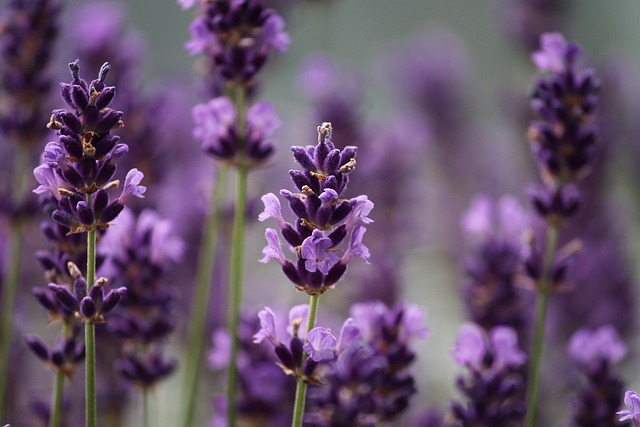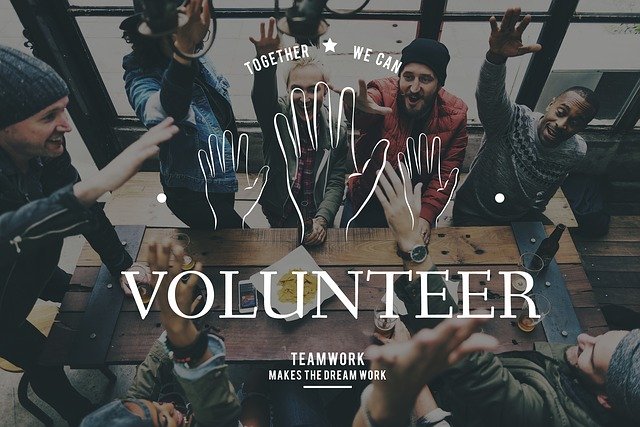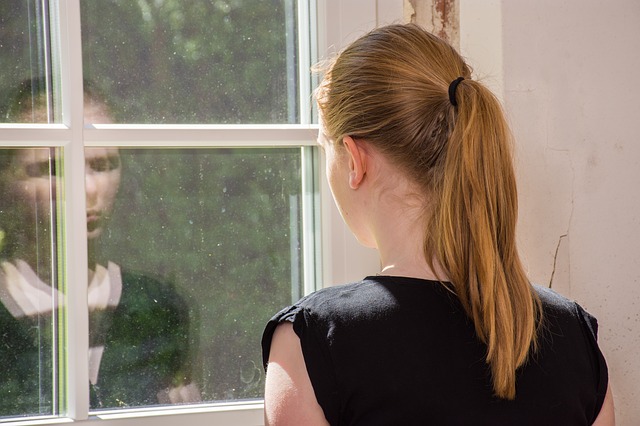Many writers and researchers today report on the power of gratitude while drawing on neuroscience research and reports of individuals who have changed their life for the better by developing a gratitude mindset. Kute Blackson, in a video podcast on the topic, maintains that gratitude has an expansive characteristic – the more you are grateful and express thanks for, the more you will experience things to be grateful for. He also contends that being grateful creates true personal freedom – you will no longer be held hostage by the need for more material goods. If you develop a gratitude mindset, there are so many things to be grateful for in your life, both large and small. Genuine gratitude allows no room for envy of what others have or obsession with “wants”.
Developing a gratitude mindset involves focusing on what we have and/or have access to – so it is an abundance mentality. It contrasts sharply with the anxiety and resentment that flow from a deficit mentality where the focus is on what you do not have or have access to. Gratitude, then, is at the root of happiness, displacing dissatisfaction about the absence of something – it entails present moment awareness and thankfulness. Wong & Brown argue that “gratitude reverses our priorities” and contributes to positive mental health and the alleviation of mental ill-health resulting from “toxic emotions”.
The power of gratitude
The benefits from gratitude are multifaceted. Kurt, drawing on neuroscience research, contends that gratitude positively impacts our “physiology, biochemistry, brain waves, and nervous system”. As you delve into the articles and research on gratitude, you can gain an appreciation of the awesome power of gratitude. Gratitude has the power to enrich your life because it:
- Develops resilience
- Opens up possibilities and abundance
- Creates true freedom from the “wants” and the “need to have”
- Makes you more fully in the present moment – what do I have now?
- Generates positive energy for yourself and those around you
- Diffuses toxic emotions such as envy, resentment and greed
- Strengthens relationships through appreciation and trust
- Makes you more open and receptive to change in your life (including what appears to be adverse changes)
- Enables you to access your inner resources and creativity (because you are not blinded by challenging emotions or distorted perceptions)
- Helps overcome boredom, difficulties, complaining & feeling overwhelmed
- Develops feelings of joy and happiness (link to TED talk with over 8.8 millions views)
- Strengthens our sense of connection to everybody and everything (including our planet).
Accessing the power of gratitude
There are many pathways to gratitude and the associated feelings of happiness and joy. We have only to set the intention to develop a gratitude mindset and then sustain one or two practices over a period of about three months. The practices can be quite simple such as a few minutes spent daily in the morning to think about what we are grateful for or an end-of-the day review that reflects on what was good in our life. Leo Babauta, creator of Zen Habits, suggests that the holiday season is a “time for gratitude” and offers multiple ways to express appreciation.
Journalling is a key activity for developing a gratitude mindset. This can be done daily, weekly or at irregular intervals. Like all habits, frequency builds competence. There are many readily accessible resources and guides for gratitude journalling online. Rick Hansen, for example, suggests the daily habit of journalling a response to three questions, “someone I’m grateful for?”, “something I’m grateful for?” and “an event I’m grateful for?”. Mindful.org provides an illustrated Mindful Gratitude Journal including illustrations, 15 gratitude meditations, the science of gratitude, stimulus stories and ideas and ample space for recording your own thoughts. Mindful also offers a 12-minute meditation podcast on cultivating gratitude for small things.
For many people, nature and music provide the stimulus for gratitude as they can inspire wonder and awe. Louie Schwartzberg, time-lapse photographer and cinematographer, has developed a stunning video, Gratitude Revealed, which brings together nature imagery, music composition by Lisbeth Scott and commentary by some of the world’s leaders in gratitude and mindfulness, including Brother David Steindl-Rast. Brother David is the author of Gratefulness, the Heart of Prayer: An Approach to Life in Fulness.
Reflection
The current period of Thanksgiving and Giving Tuesday, reminds us that gratitude and generosity go hand-in-hand. These celebratory days encourage us to express our gratitude by sharing our good fortune with others.
As we grow in mindfulness, we gain increasing awareness of what we could be grateful for – nature, the people in our lives (past and present), the opportunities we are afforded, the things we possess and the access we have been given to a multitude of things that bring joy (such as music, sport, art and technology). We are also motivated to express our gratitude and appreciation in all areas of our life. Gratitude journalling in its many forms is a mindfulness practice that can help us develop a gratitude mindset – a sure path to happiness, positive mental health and creative endeavor.
_________________________________
Image by Manfred Richter from Pixabay
By Ron Passfield – Copyright (Creative Commons license, Attribution–Non Commercial–No Derivatives)
Disclosure: If you purchase a product through this site, I may earn a commission which will help to pay for the site, the associated Meetup group, and the resources to support the blog.









